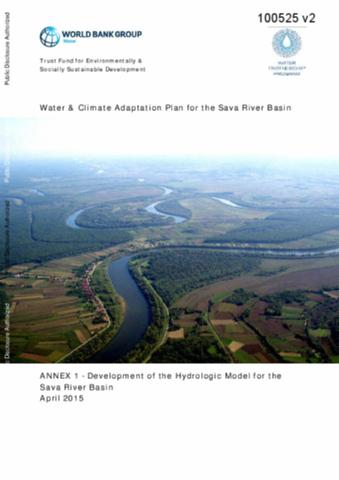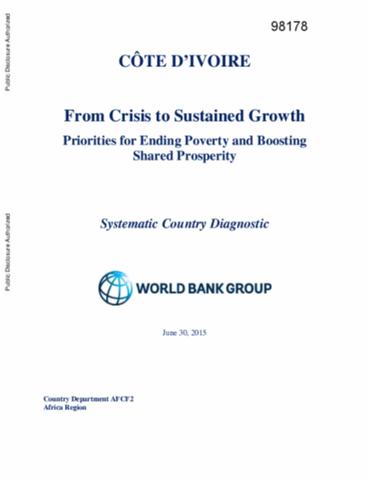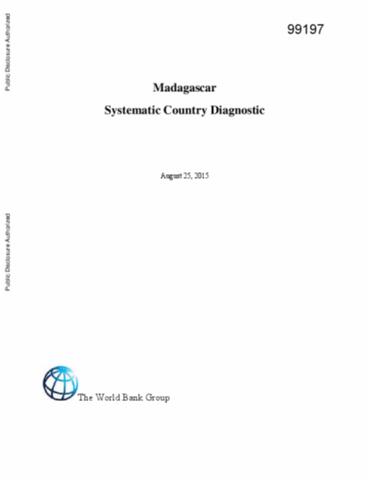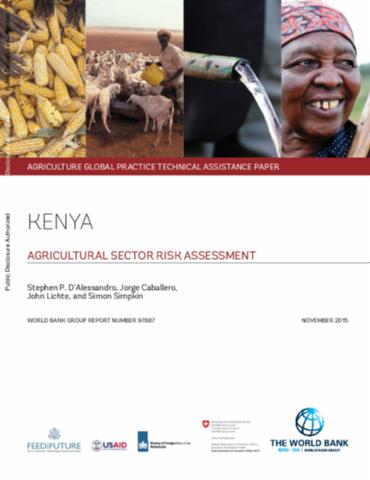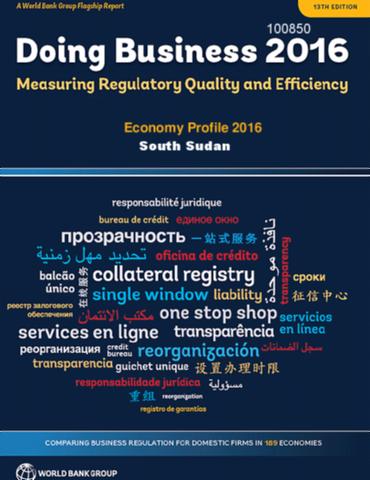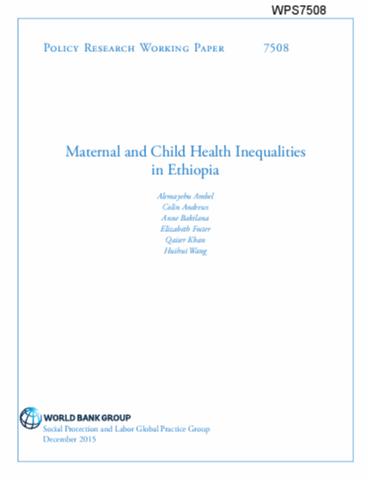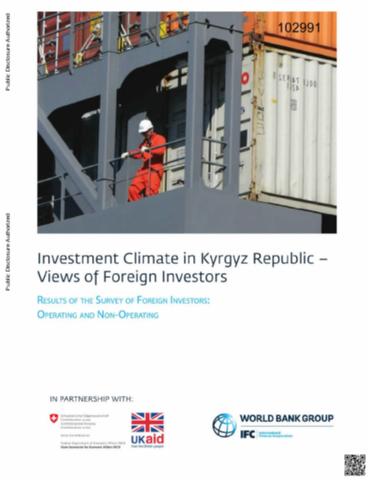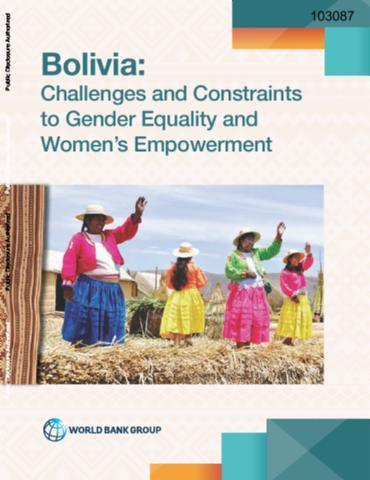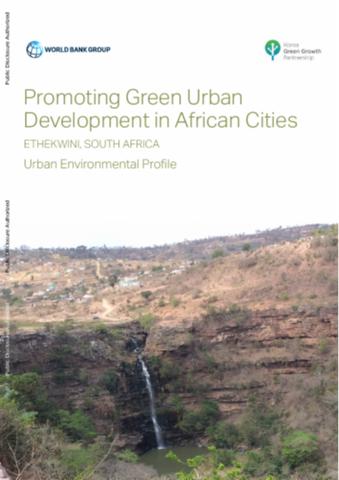
Topics and Regions
Details
Location
Contributions
Displaying 531 - 540 of 630Water and Climate Adaptation Plan for the Sava River Basin
This report presents the water and climate adaptation plan (WATCAP) developed for the Sava river basin (SRB) as result of a study undertaken by the World Bank. The WATCAP is intended to help to bridge the gap between the climate change predictions for the SRB and the decision makers in current and planned water management investment projects that will be affected by changing climate trends.
Cote d'Ivoire
This systematic country diagnostic is structured in two main parts, one backward looking and the other forward looking. The backward-looking analysis aims to draw lessons on the determinants of poverty and sustainable and inclusive growth from (a) stakeholder consultations; (b) a poverty profile; (c) a jobs profile; and (d) a review of Cote d’Ivoire’s experience, and a comparison with Ghana and Sri Lanka, countries with similarities to Côte d’Ivoire, but with different growth trajectories.
Madagascar
This document is hence organized not around the three types of challenges, but around five themes of governance, public finance issues, private sector-led economy, poverty and environment, and human capital, all crucial to achieving faster, more inclusive and sustainable growth. Chapter one provides the country context. Chapter two discusses the quality of governance, an overarching issue in Madagascar. It has a direct bearing on the pace, the inclusiveness and sustainability of growth.
Kenya
Despite myriad challenges, Kenya has emerged in recent years as one of Africa’s frontier economies, with headline growth in the most recent decade propelling the country toward middle-income status. Less well understood is how risk dynamics associated with production, markets, and policy adversely impact sector performance, in terms of both influencing ex ante decision making among farmers, traders, and other sector stakeholders and causing ex post losses to crops, livestock, and incomes - destabilizing livelihoods and jeopardizing the country’s food security.
Doing Business Economy Profile 2016
This economy profile for Doing Business 2016 presents the 11 Doing Business indicators for South Sudan. To allow for useful comparison, the profile also provides data for other selected economies (comparator economies) for each indicator. Doing Business 2016 is the 13th edition in a series of annual reports measuring the regulations that enhance business activity and those that constrain it. Economies are ranked on their ease of doing business; for 2015 South Sudan ranks 187.
Doing Business Economy Profile 2016
This economy profile for Doing Business 2016 presents the 11 Doing Business indicators for Ukraine. To allow for useful comparison, the profile also provides data for other selected economies (comparator economies) for each indicator. Doing Business 2016 is the 13th edition in a series of annual reports measuring the regulations that enhance business activity and those that constrain it. Economies are ranked on their ease of doing business; for 2015 Ukraine ranks 83.
Maternal and Child Health Inequalities in Ethiopia
Recent surveys show considerable progress in maternal and child health in Ethiopia. The improvement has been in health outcomes and health services coverage. The study examines how different groups have fared in this progress. It tracked 11 health outcome indicators and health interventions related to Millennium Development Goals 1, 4, and 5. These are stunting, underweight, wasting, neonatal mortality, infant mortality, under-five mortality, measles vaccination, full immunization, modern contraceptive use by currently married women, antenatal care visits, and skilled birth attendance.
Investment Climate in Kyrgyz Republic
The World Bank Group’s investment climate project conducted a survey of foreign investors in the Kyrgyz Republic - both those currently operating and those that have terminated their operations for various reasons. The purpose of the survey was to assess selected aspects of the investment policy and legal environment in place in the Kyrgyz Republic, so as to determine whether the current regulations are investment-conducive or otherwise.
Bolivia
This note aims to provide information and analysis as a basis for a better understanding of the challenges and constraints of achieving gender equality in Bolivia, with a special focus on the intersectionality between gender and ethnicity. Combining and analyzing existing evidence and new data, it seeks to document gender-specific disparities in development outcomes, highlight opportunities and constraints to women’s empowerment, and identify areas in which continuing knowledge gaps are particularly important to understand and address gender inequalities.
Promoting Green Urban Development in African Cities
The city of eThekwini or Durban has undergone a period of rapid urbanization that has contributed to the degradation of the city’s natural environment. Climate change is placing further strains on the city’s ability to manage the urban environment. The urban environmental profile of eThekwini has been prepared as the first component of the assignment promoting green urban development in Africa: enhancing the relationship between urbanization, environmental assets and ecosystem services, a project being conducted under the leadership of the World Bank.

